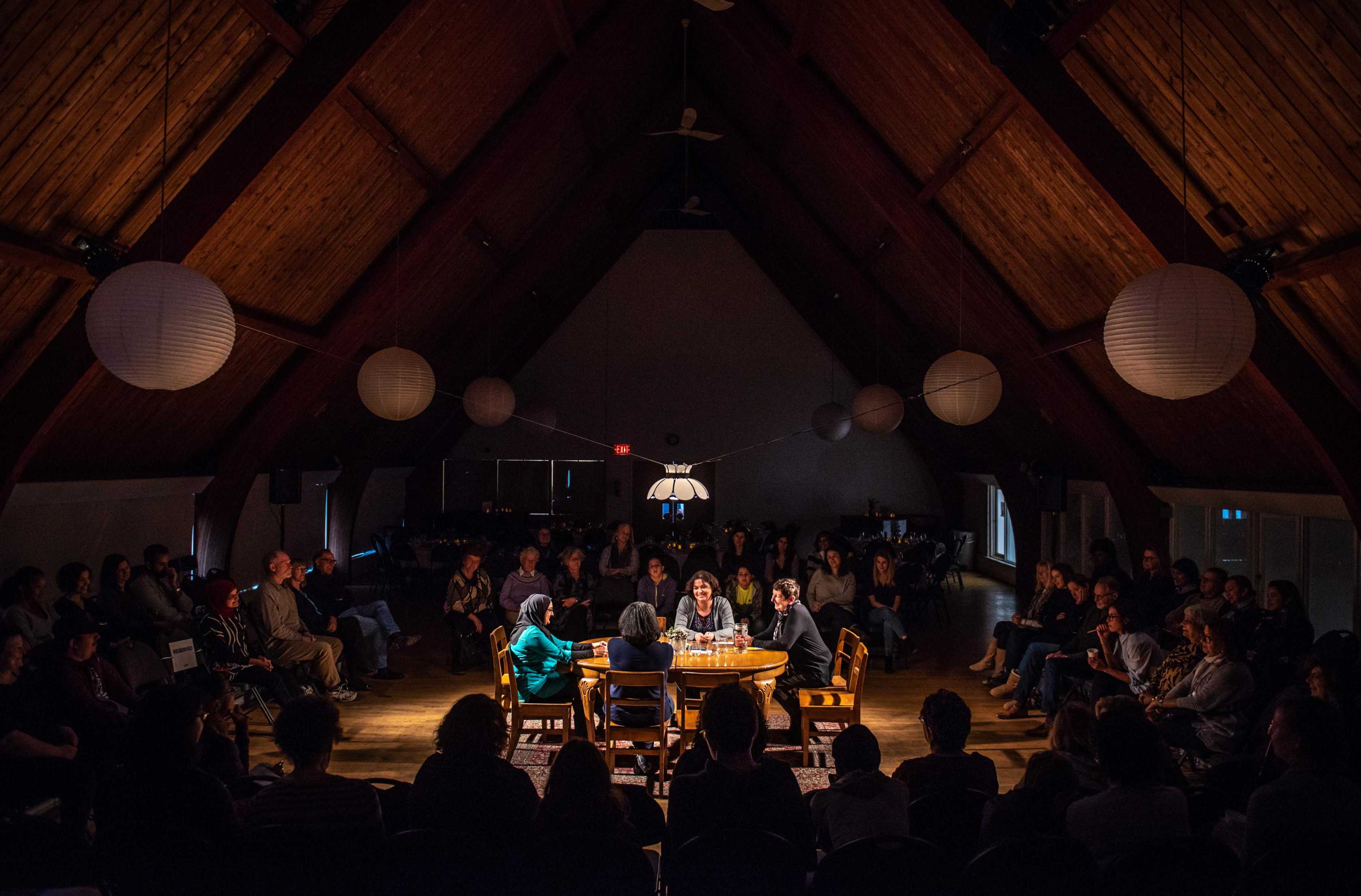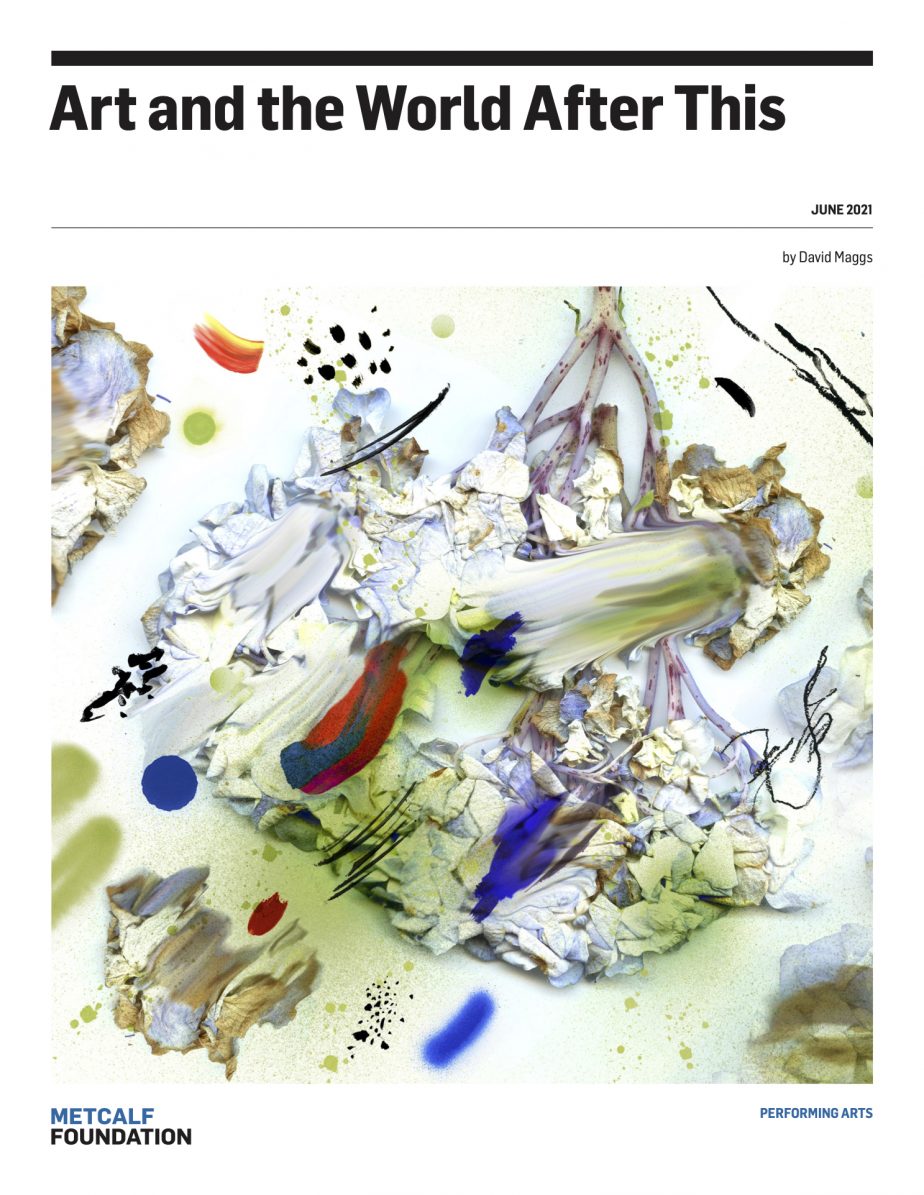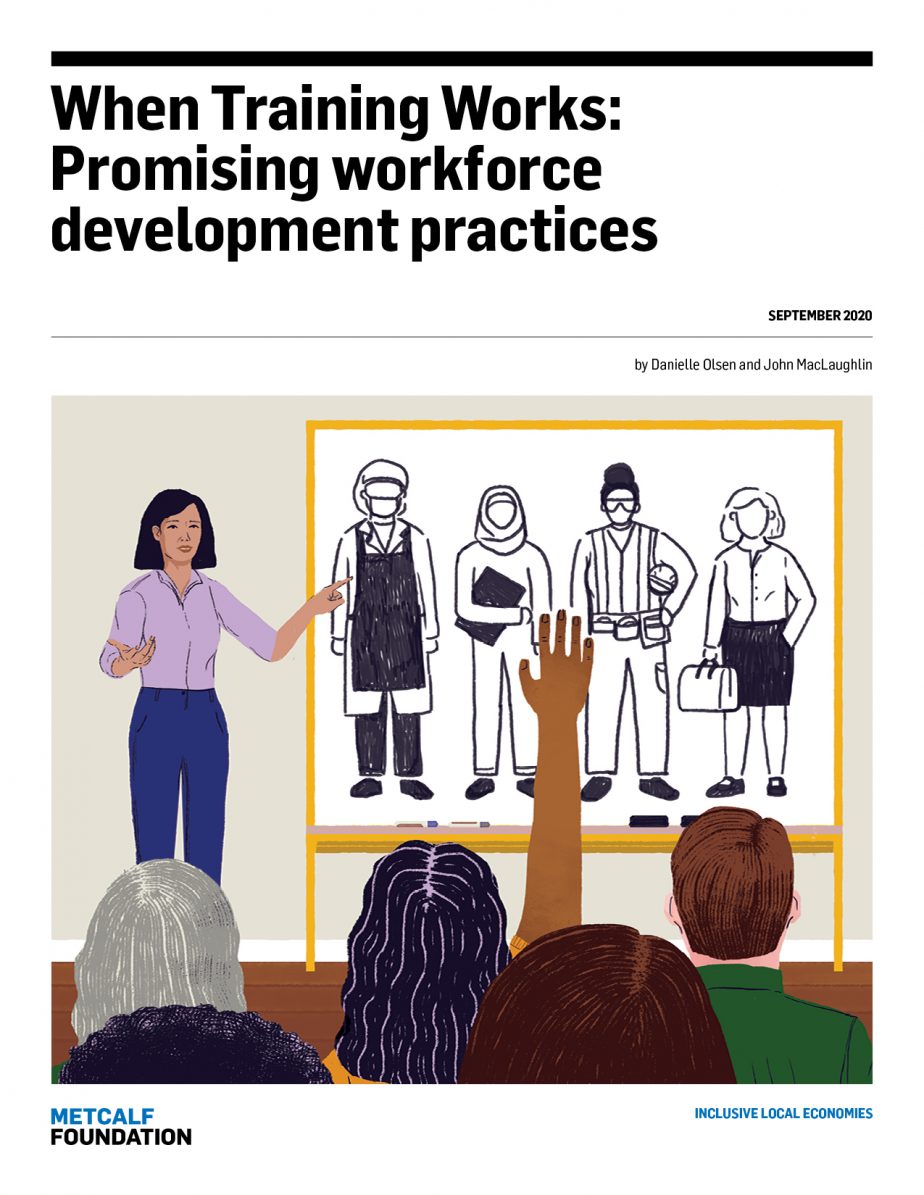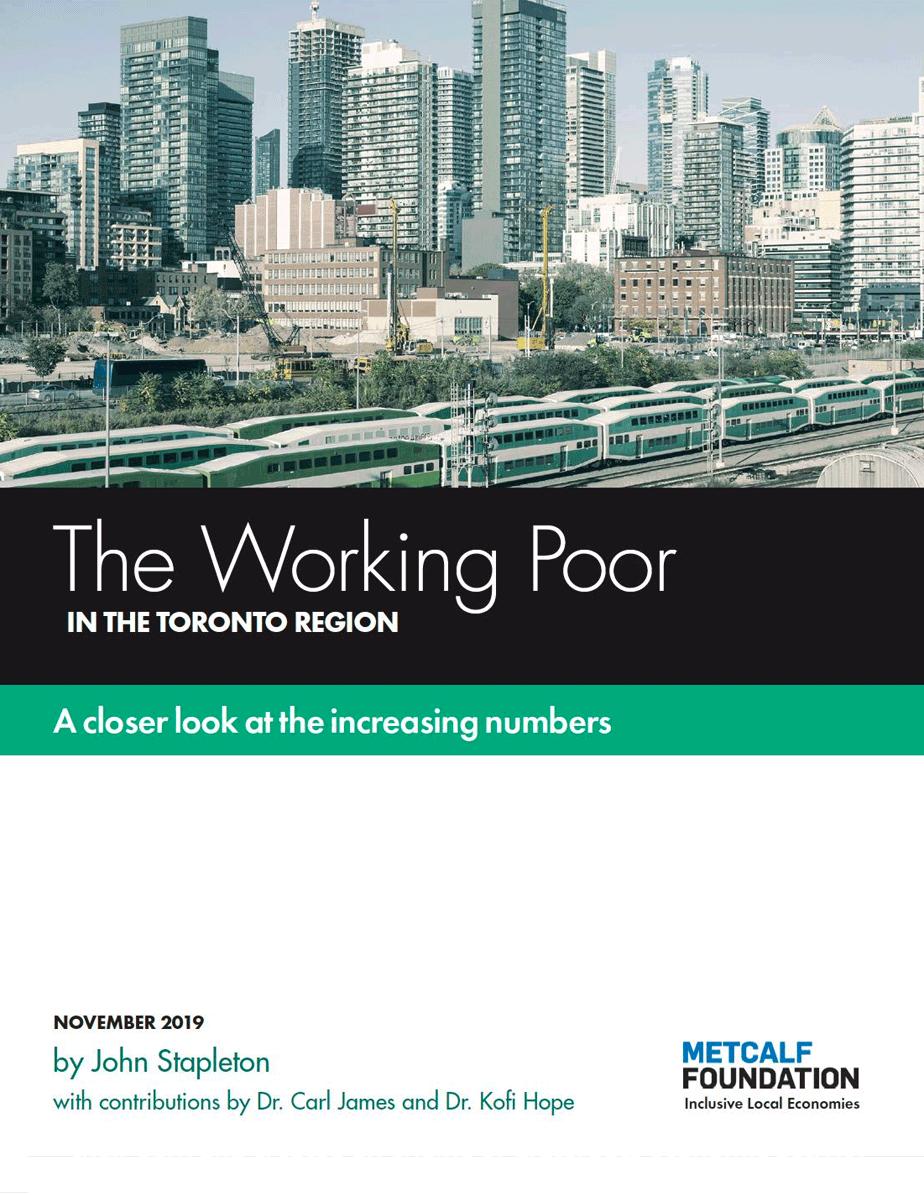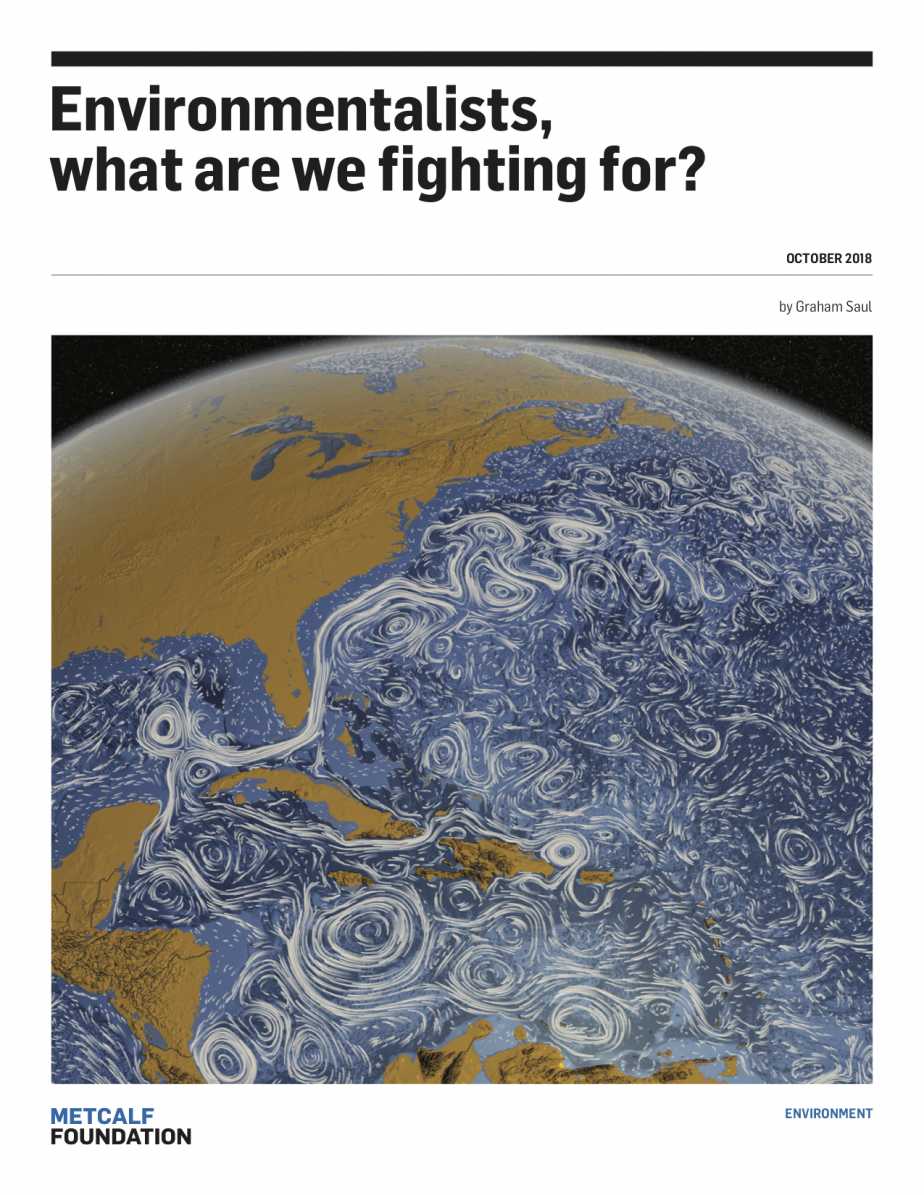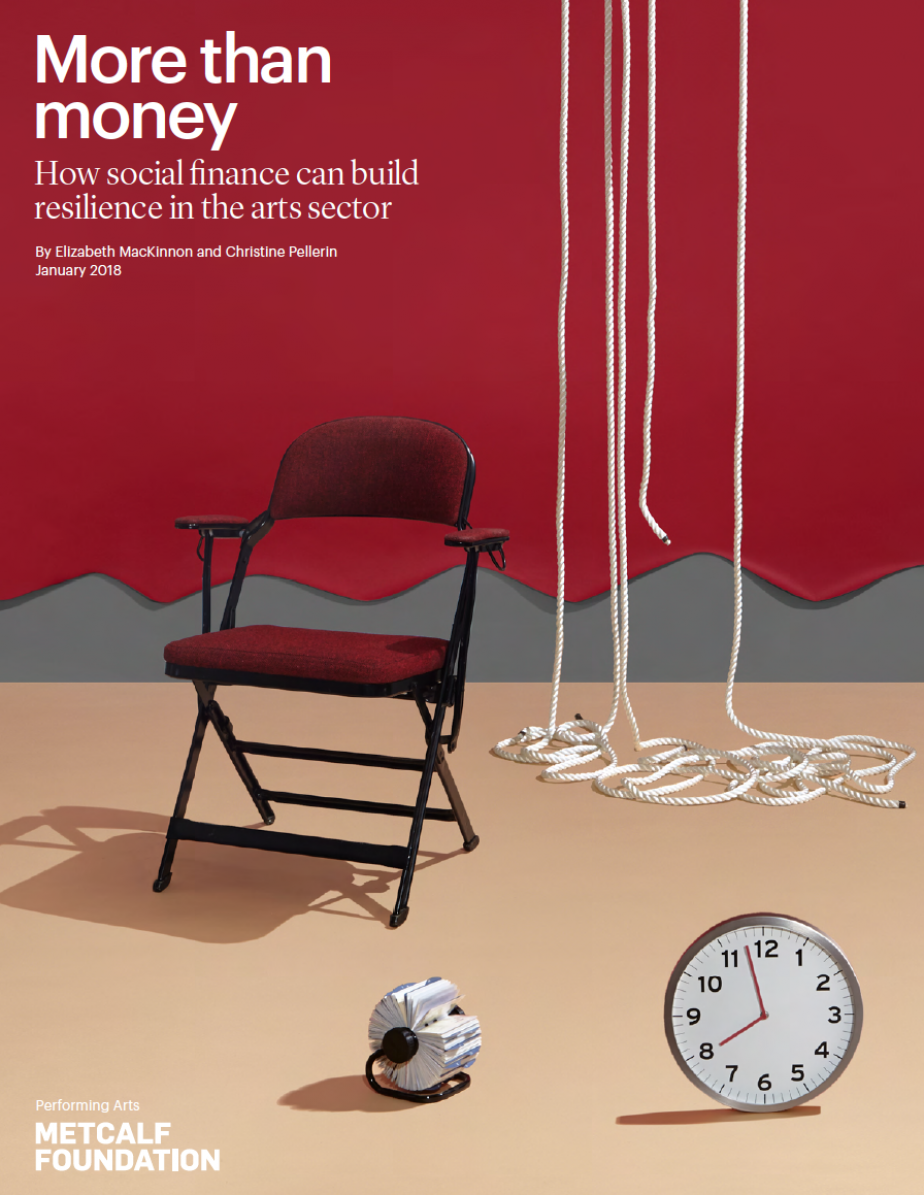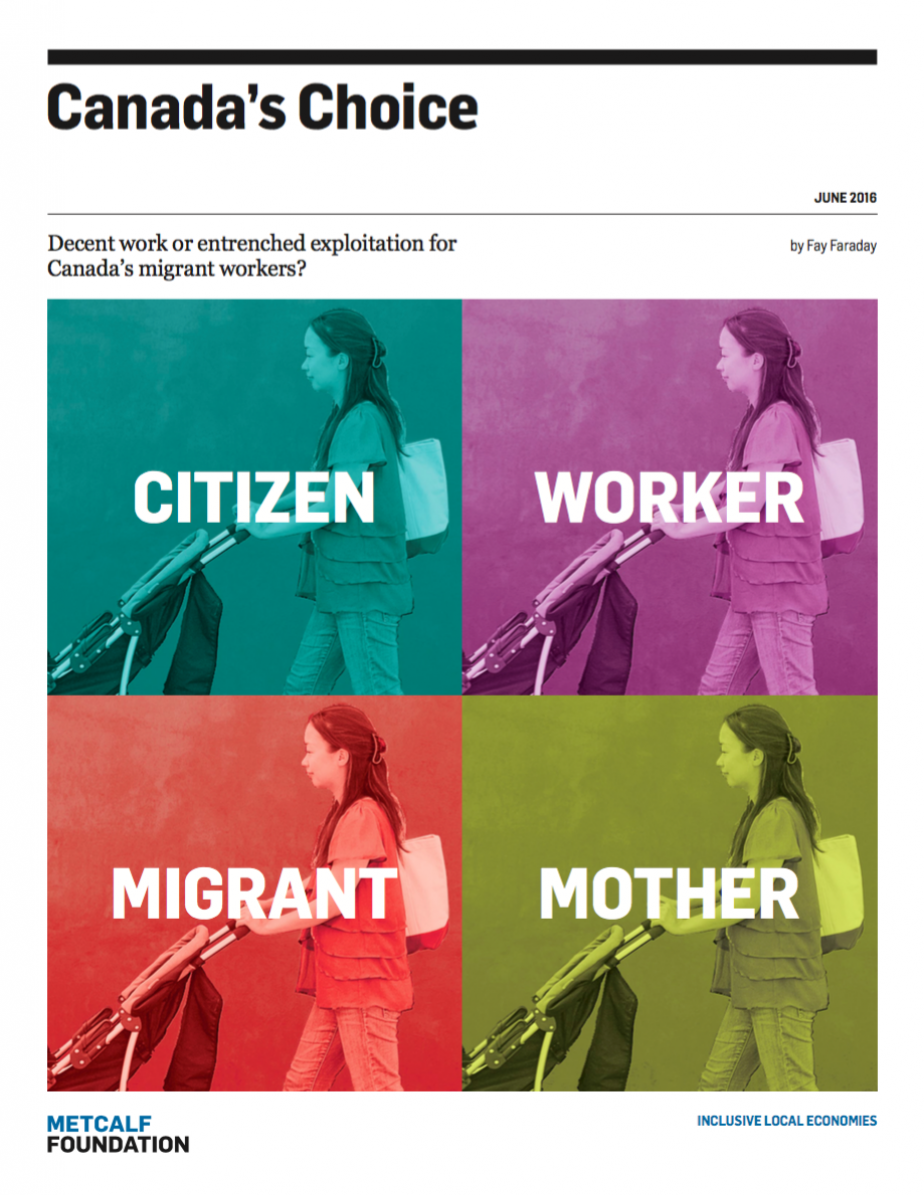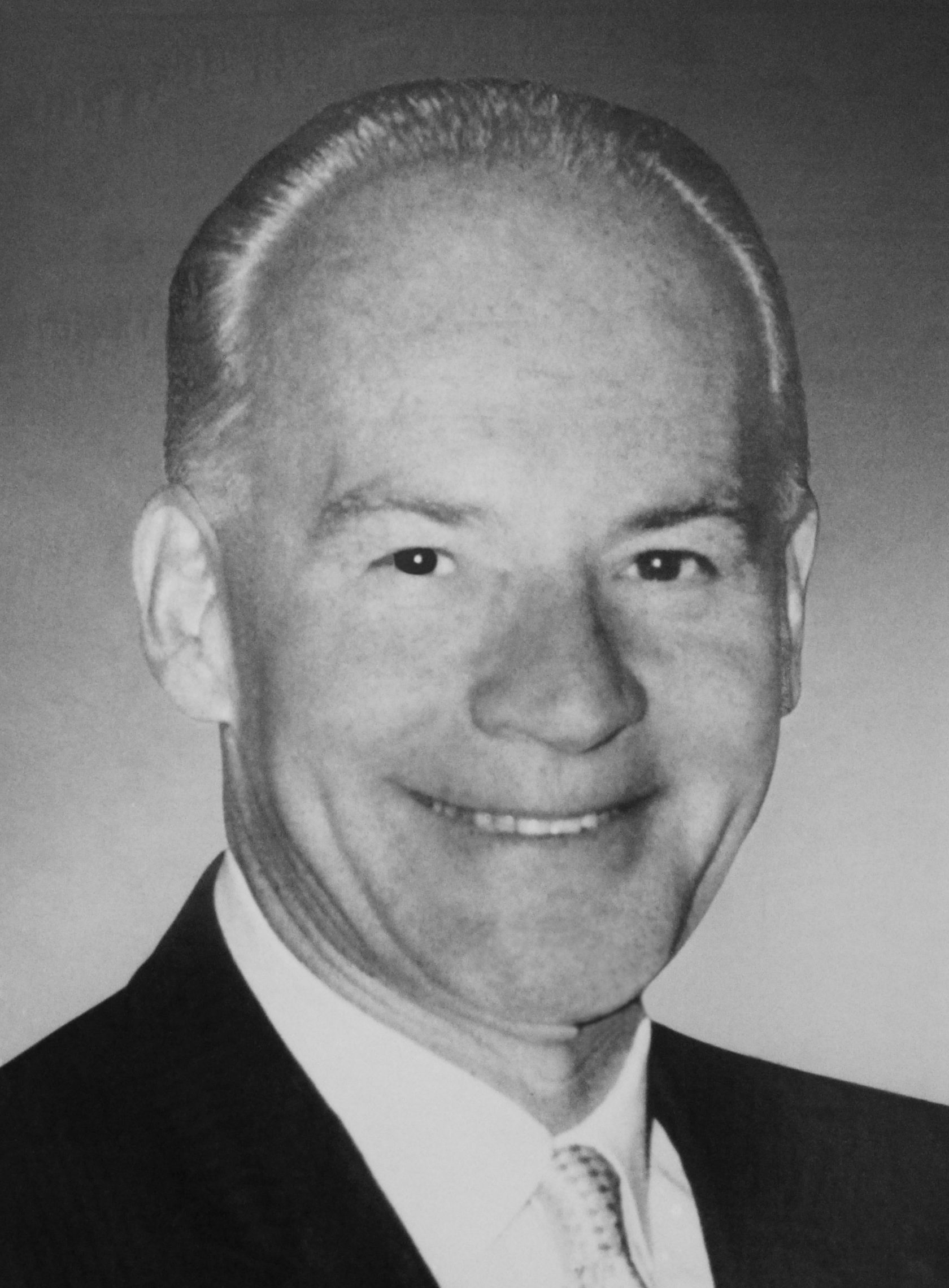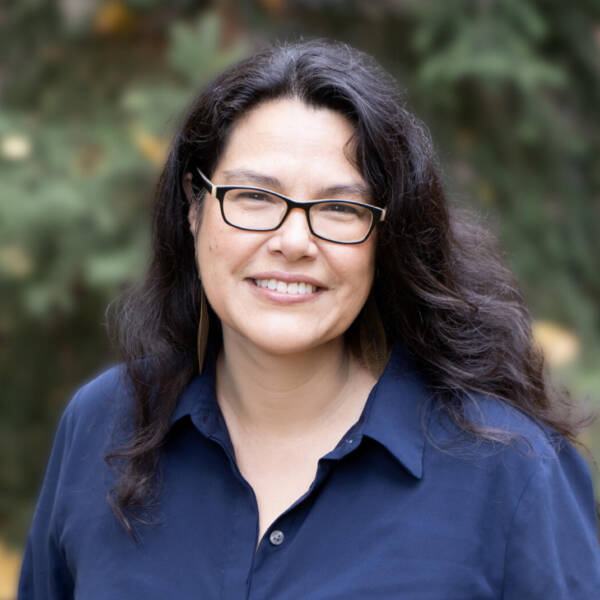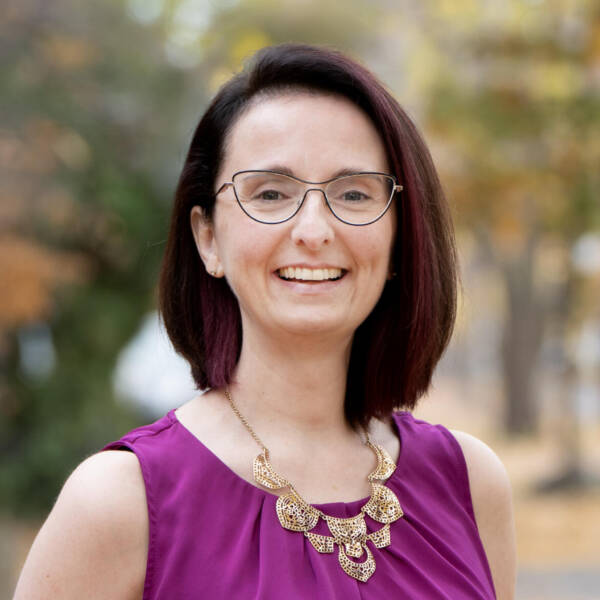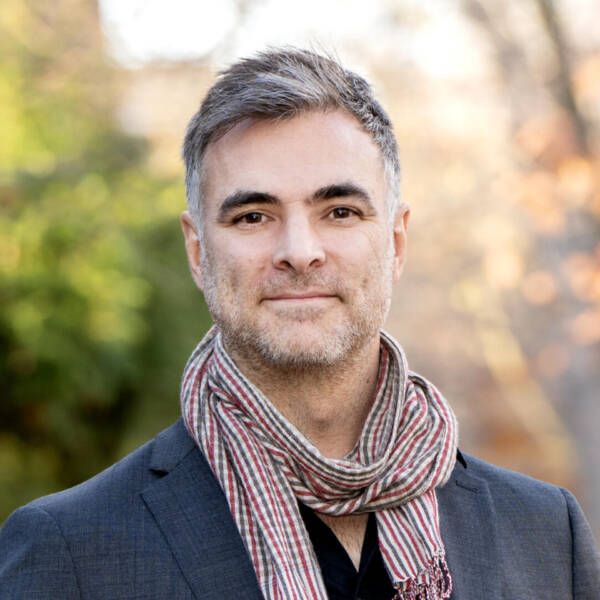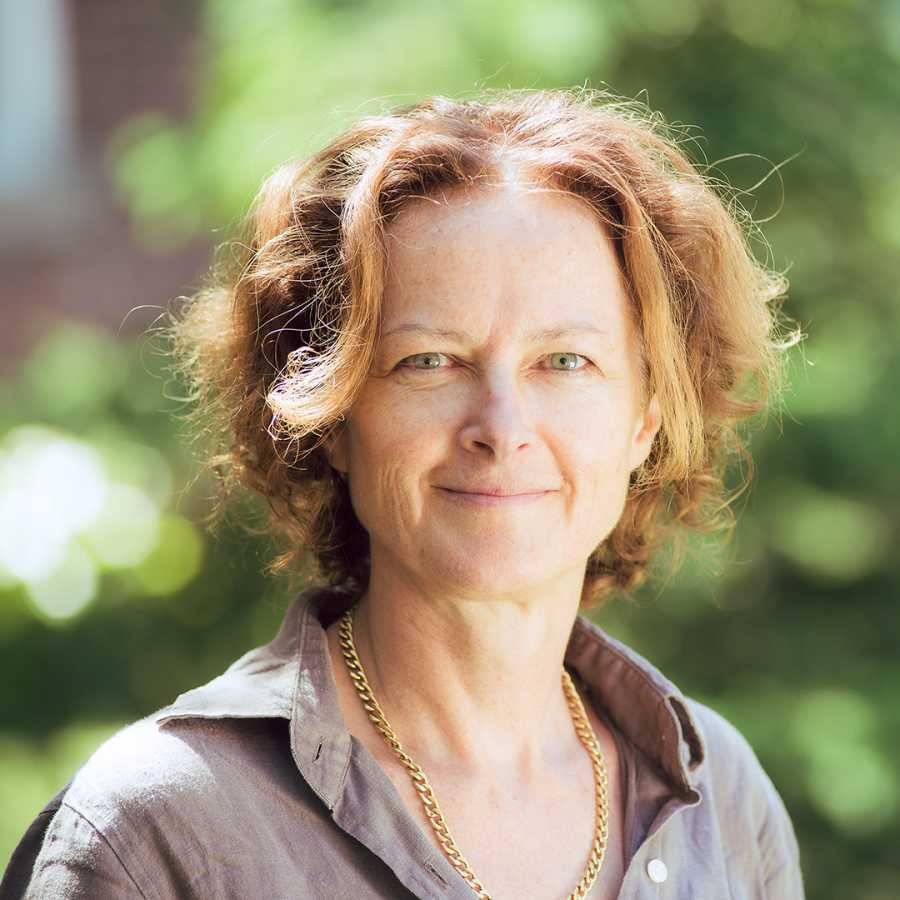Jamison Steeve joined the Metcalf Foundation in 2024, bringing over 20 years of public policy and strategic leadership experience to his role as President & CEO. Most recently, he was the Chief Strategy Officer at the YMCA of Greater Toronto. Previously, he served as the Executive Director at the Martin Prosperity Institute and the Institute for Competitiveness and Prosperity, and the Senior Advisor at the Schwartz Reisman Institute for Technology and Society. He has held significant roles in the Ontario government, including Principal Secretary to Premier Dalton McGuinty and Chief of Staff to the Minister of Health.
Jamison has taught public policy at the University of Toronto and McGill University, and has previously served as a fellow at both the C.D. Howe Institute and the Public Policy Forum. He holds a BA (Honours) and a BEd from Queen’s University, an LLB from Dalhousie University, and is a graduate of the Stanford Graduate School of Business.


